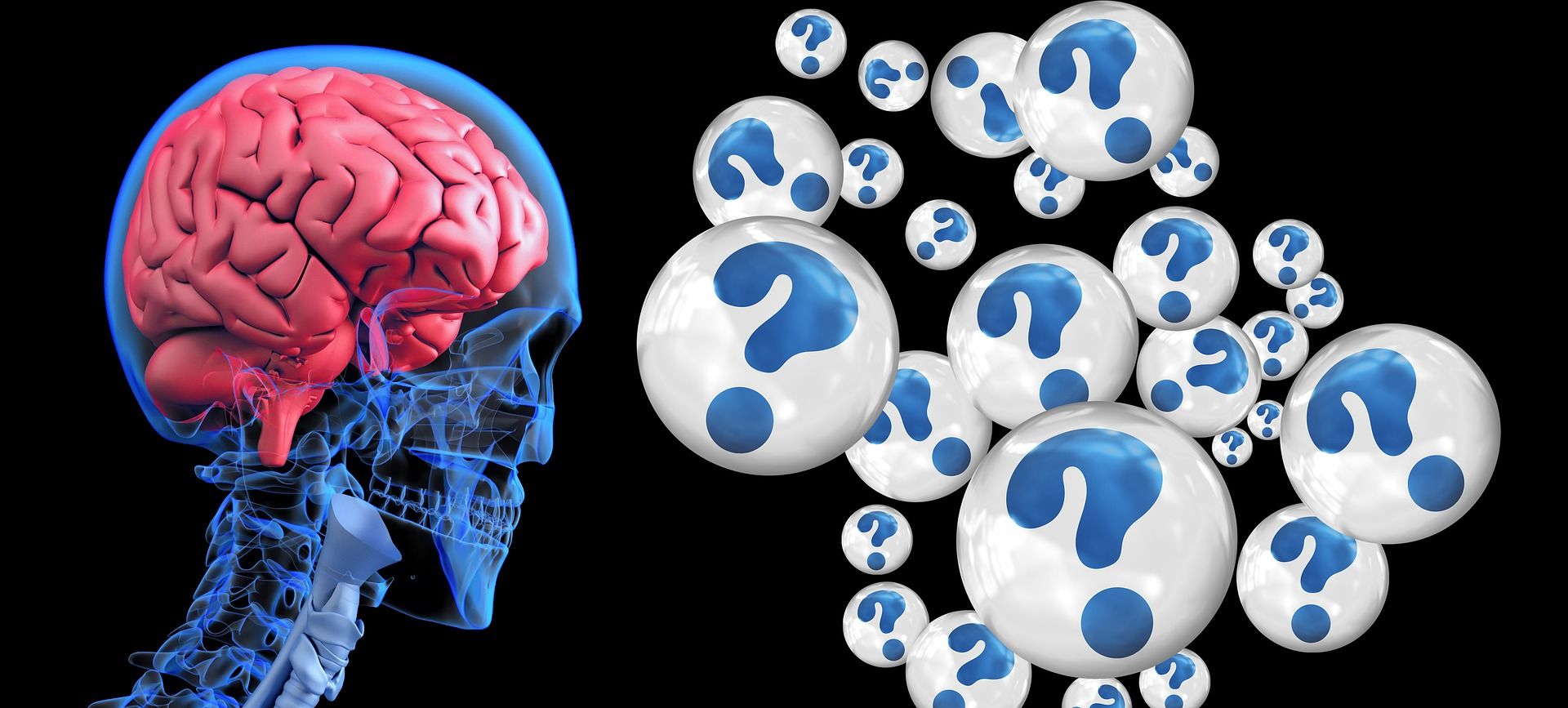We're looking for an "effective treatment" for Alzheimer's. What does that mean?

What do we mean by "Effective Treatment"? I was talking with EyesOnALZ colleague Lisa Gusman today, who has created some amazing educational videos for Stall Catchers, like this one:
She aptly pointed out that when we talk about goals and expectations for Stall Catchers in terms of finding an "effective treatment", we don't really explain what that means, and that different people might interpret it in different ways. I thought this was a really good point, so here I am (thanks to Lisa) to explain what we mean by this.
What we are aiming for is anything that makes a qualitative difference in the life of someone with Alzheimer's disease. In other words, an effective treatment could mean that a person diagnosed with Alzheimer's could live longer, have fewer symptoms, or have existing symptoms go away for a while (for example, feel less depressed or have some memories return). We are not just aiming for a measurable difference in quality of life, but a meaningful one.
You might say, "hey – I thought you were trying to cure Alzheimer's disease!". We definitely are, but let's think about what that means – to cure Alzheimer's. We believe Alzheimer's begins with a progressive condition that may percolate for decades before symptoms appear. In other words, I (in my late 40s) may have Alzheimer's brewing in my brain today, and not realize it until I am 75 years old when I start forgetting things like where I live.
What if a treatment that reduces capillary stalling in the brain, as we are seeking with Stall Catchers, would double that time? What if it would take 60 years instead of 30 years before symptoms would appear? For many people, that would mean dying from other causes long before an Alzheimer's symptoms would appear. Would that be considered a cure? Maybe not in a biological sense, but from a practical standpoint, if a person never has to experience any symptoms of the disease, it's like the disease isn't there.
Ultimately, I think the entire Alzheimer's research field is aiming for a cure in the biological sense. This is just to explain that there are potentially many stepping stones leading to such a cure that represent meaningful improvements in the lives of Alzheimer's patients. If we can discover such treatments, ones that reduce symptoms and extend lives, then with successive improvements to these, eventually an Alzheimer's diagnosis becomes inconsequential. And I think in a very practical sense, that's all that really matters.
